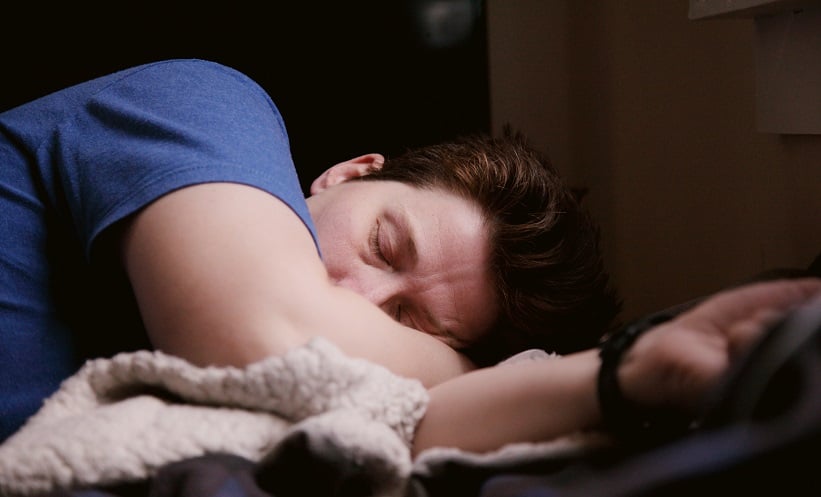SLEEPING for less than 6 hours a night is associated with lower antibody responses after vaccinating for influenza and hepatitis, according to new research, with stronger associations noted in males.
As previous research has presented mixed results, several authors had called for a thorough examination of the role of sleep duration and vaccination response. Therefore, Katherine Spiegel, French Institute of Health and Medical Research (Inserm), Paris, France, and colleagues performed a meta-analysis on three prospective and four experimental studies, analysing the link between sleep and antibody responses in healthy adults after vaccination.
The researchers had pre-determined criteria that the association between self-reported sleep of less than 6 hours and vaccination response were not statistically significant. Analysing studies where sleep was measured objectively showed the adverse impact of short sleep on vaccination response in adults aged 18–60 (effect size: 0.79; 95% confidence interval: 0.40–1.18).
Furthermore, the researchers determined that less than 6 hours of sleep after vaccination affected responses in males (effect size: 0.75; 95% confidence interval: 0.16–1.34) more than females. They noted that this is “likely due to the wide variations in sex hormone levels according to phase of the menstrual cycle, use of hormonal contraception, menopausal status, and use of hormonal replacement” in females after the menopause.
Due to the timing of the data collection, the researchers could not investigate the associations between COVID-19 vaccine responses and sleep. However, Spiegel and colleagues stated: “If, similar to the influenza and hepatitis vaccines, the antibody response to COVID-19 vaccines is adversely affected by insufficient sleep, then insufficient sleep around the time of COVID-19 vaccination may reduce antibody titres in the same range as the waning of the response to the most commonly administered vaccine over 2 months.”
Large-scale studies are needed to define the period before and after vaccination where sleep durations could be most impactful, and to establish the role that sex hormones play in sleep duration and vaccine response in females. This is especially important as vaccinations are an important tool for public health and, according to Spiegel and colleagues, “simple behavioural interventions that might boost vaccine responses have yet to be identified.”








